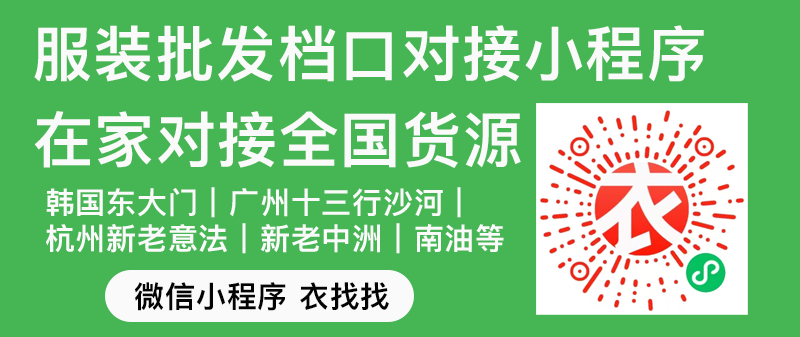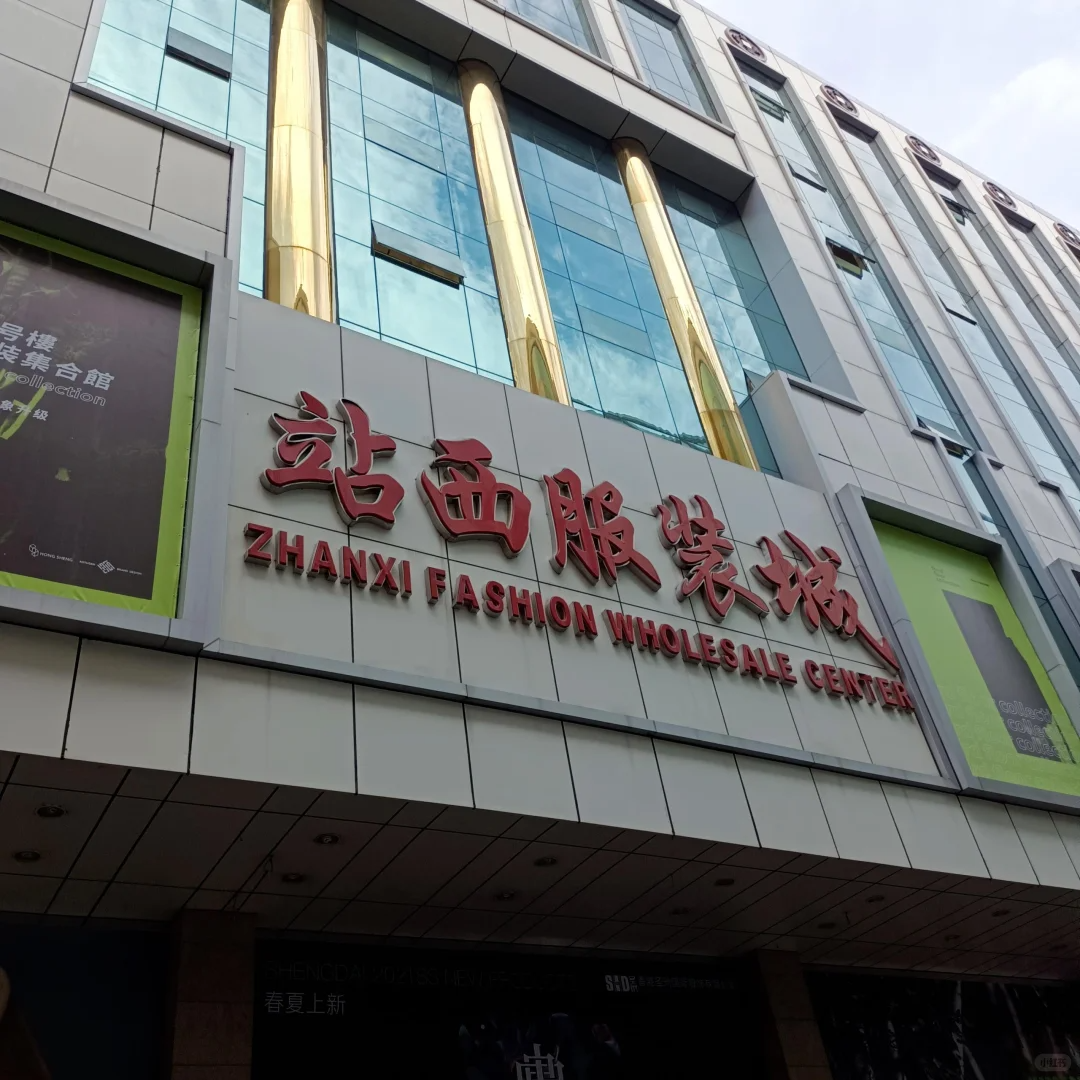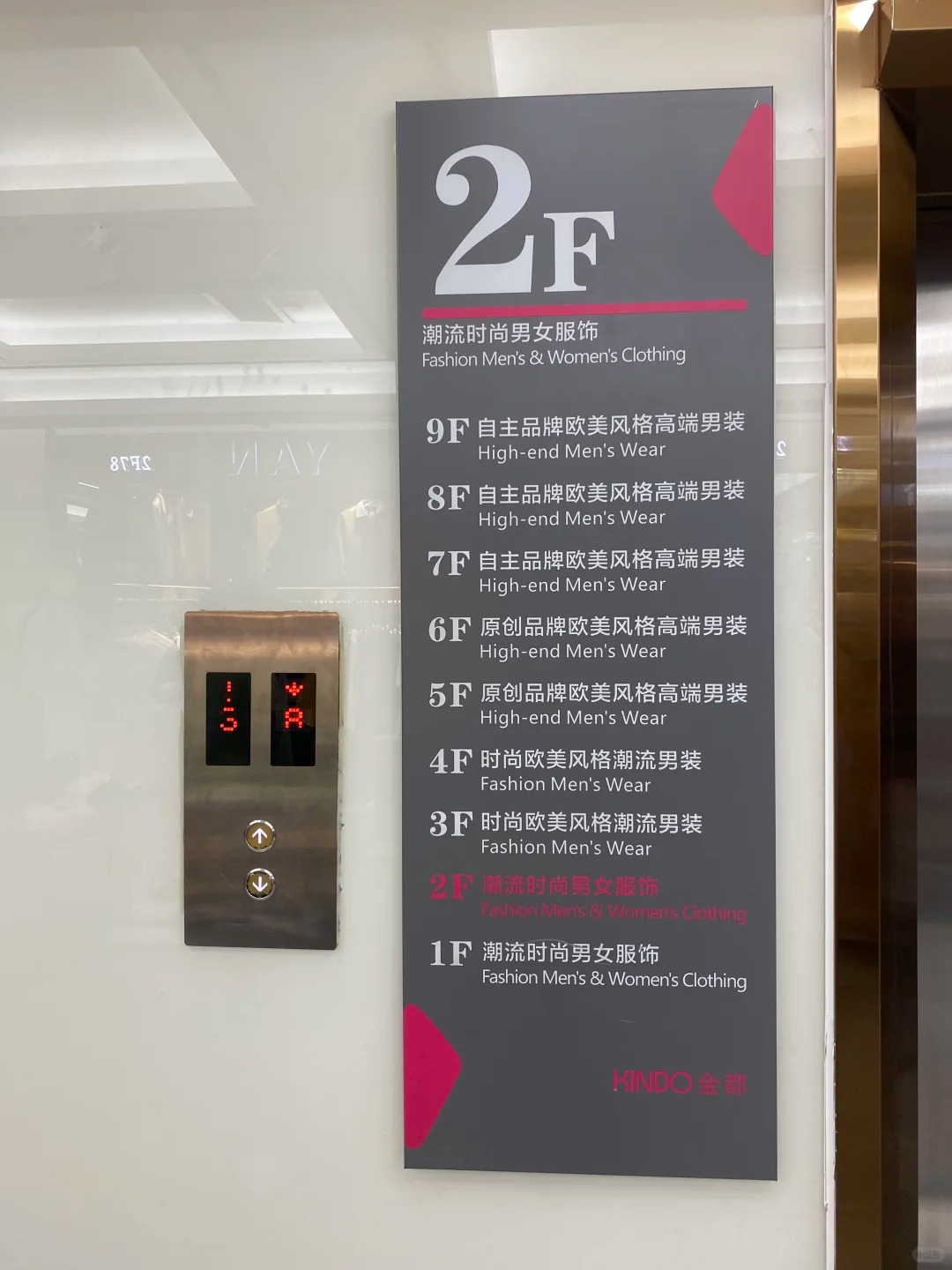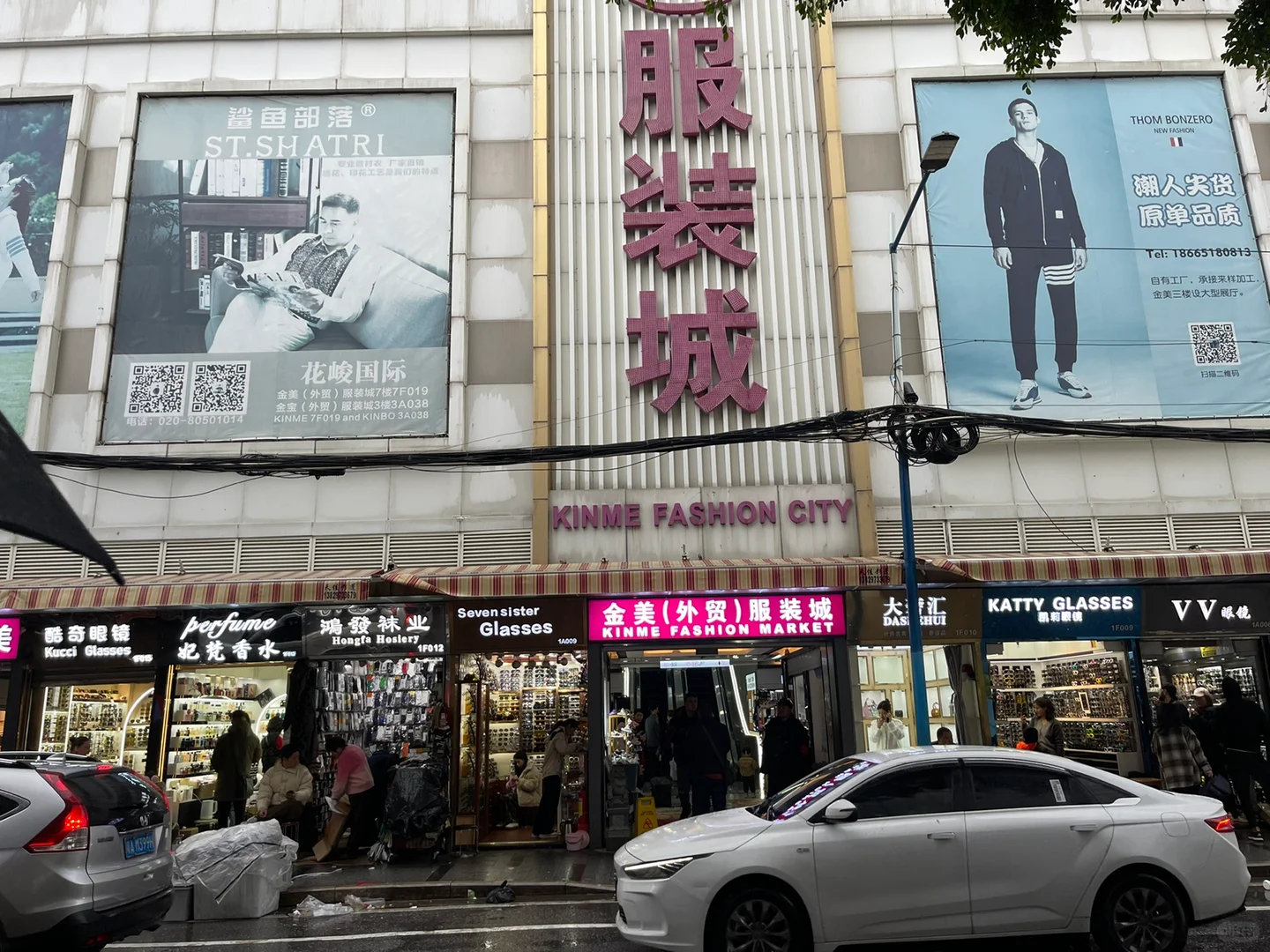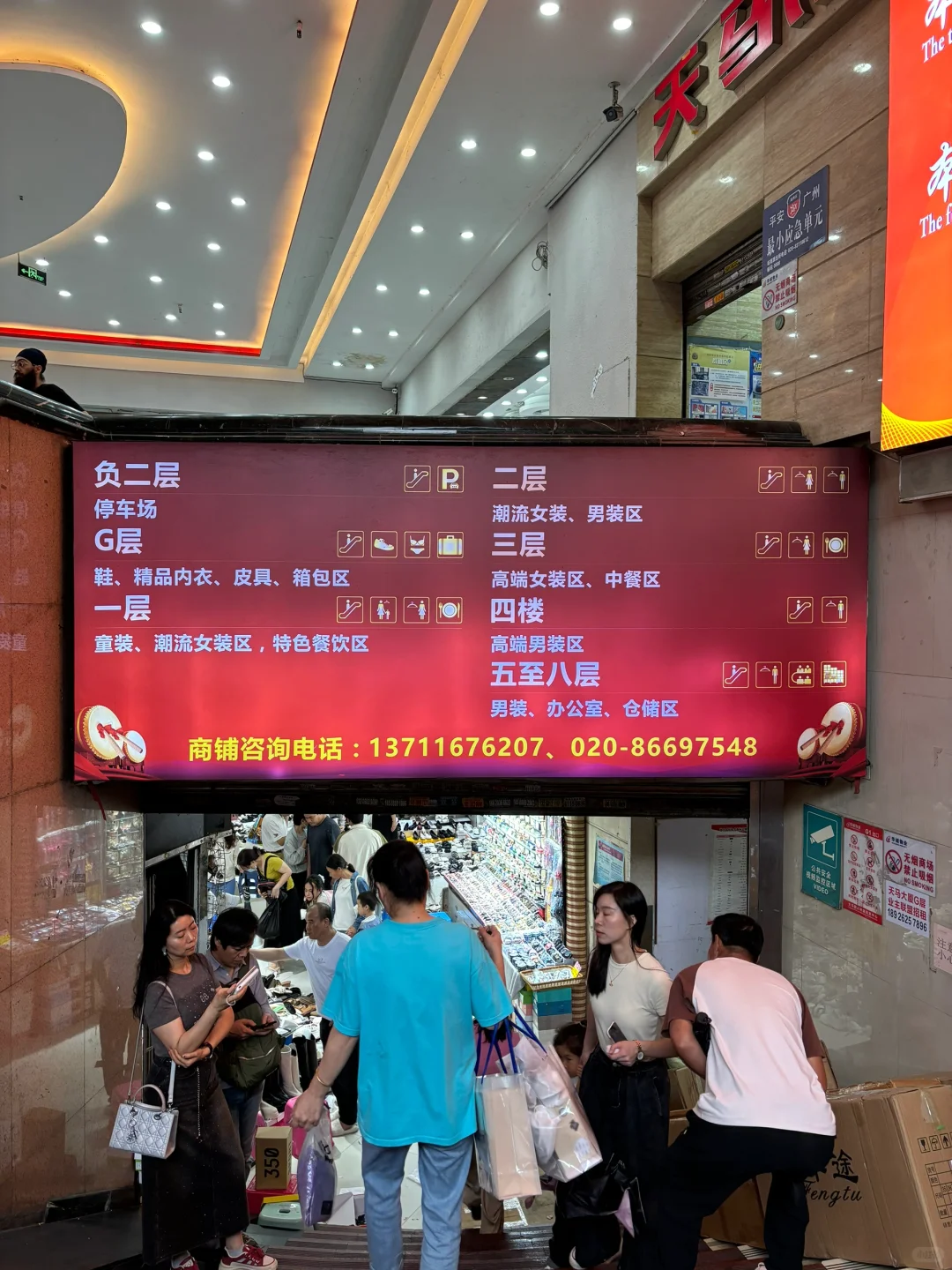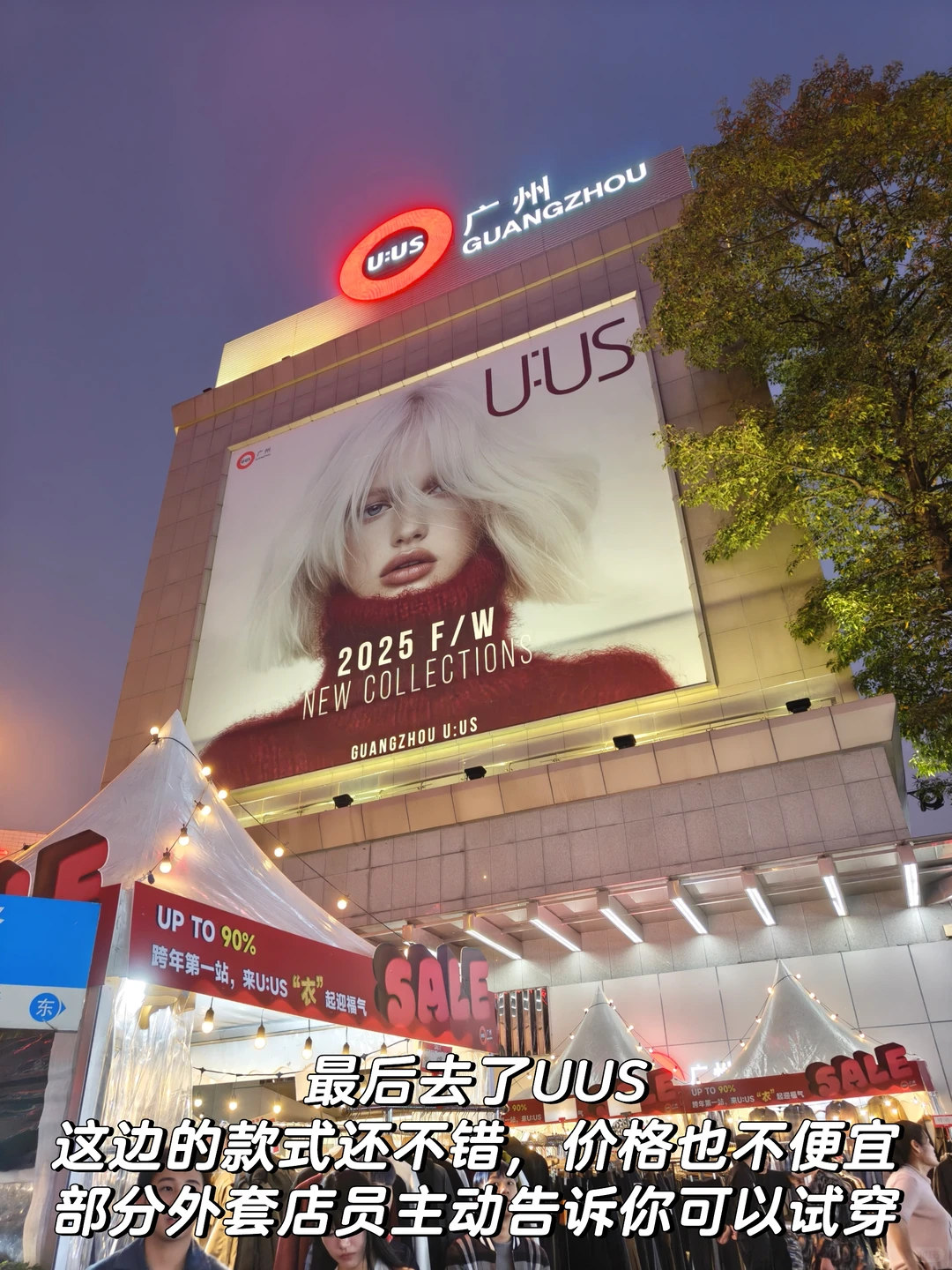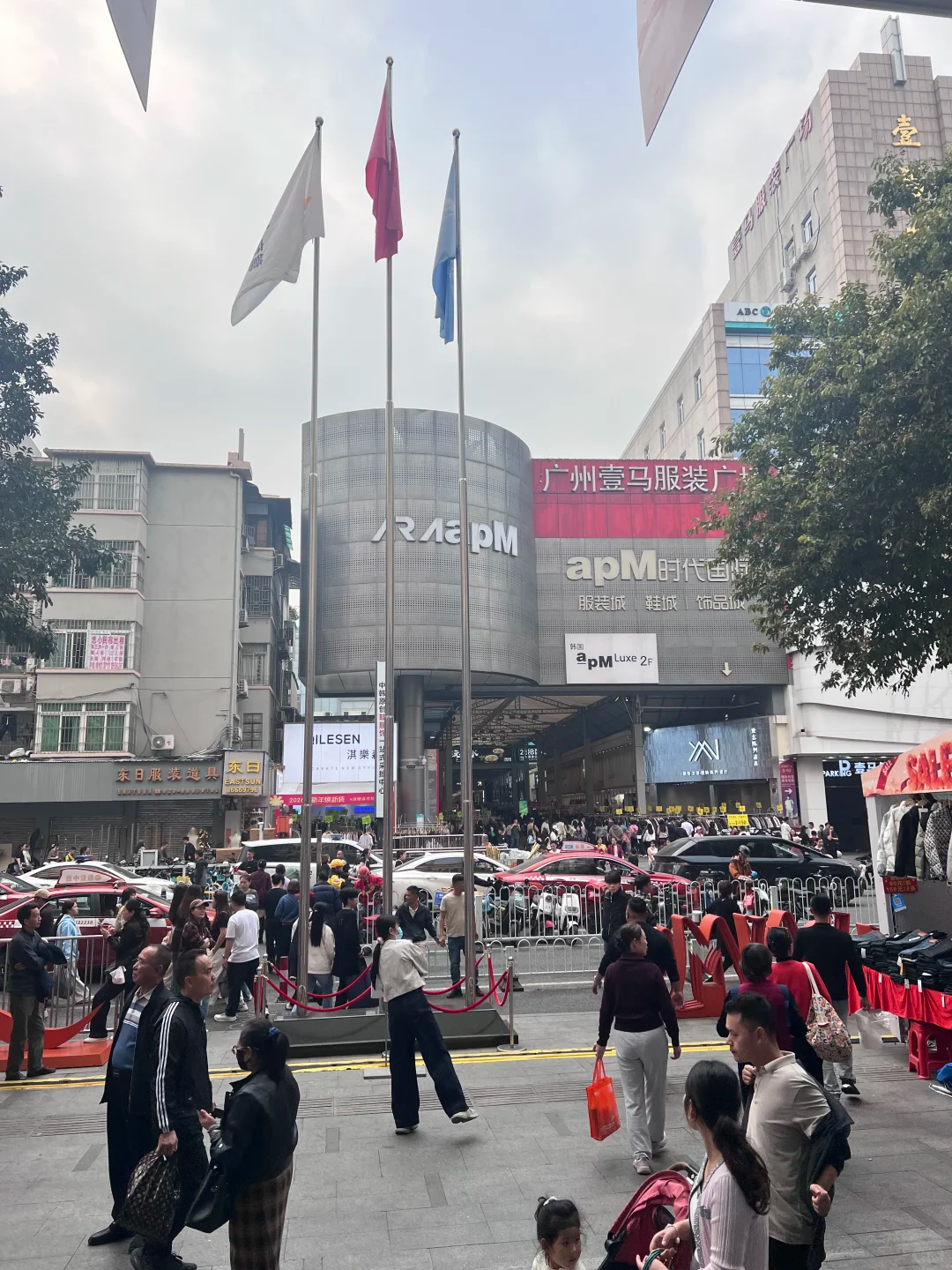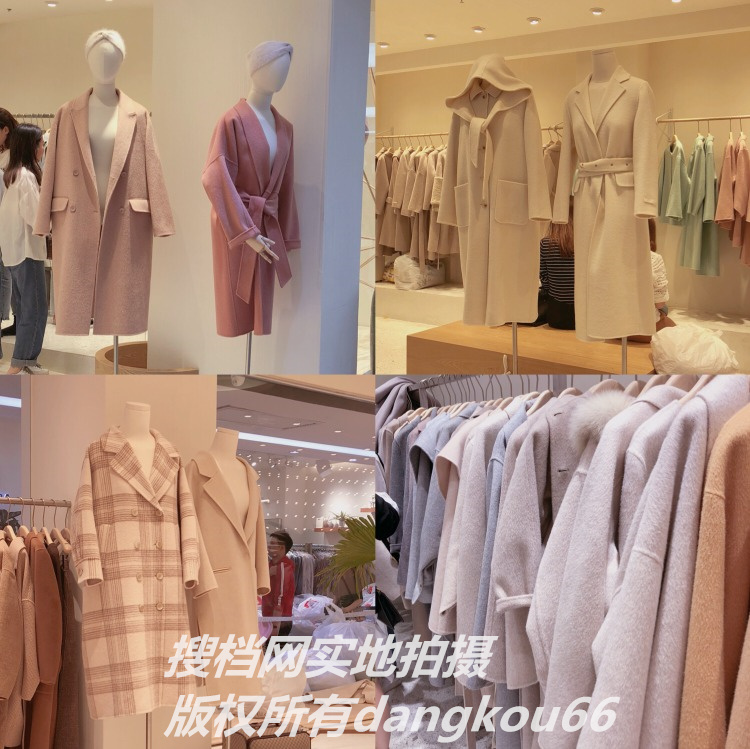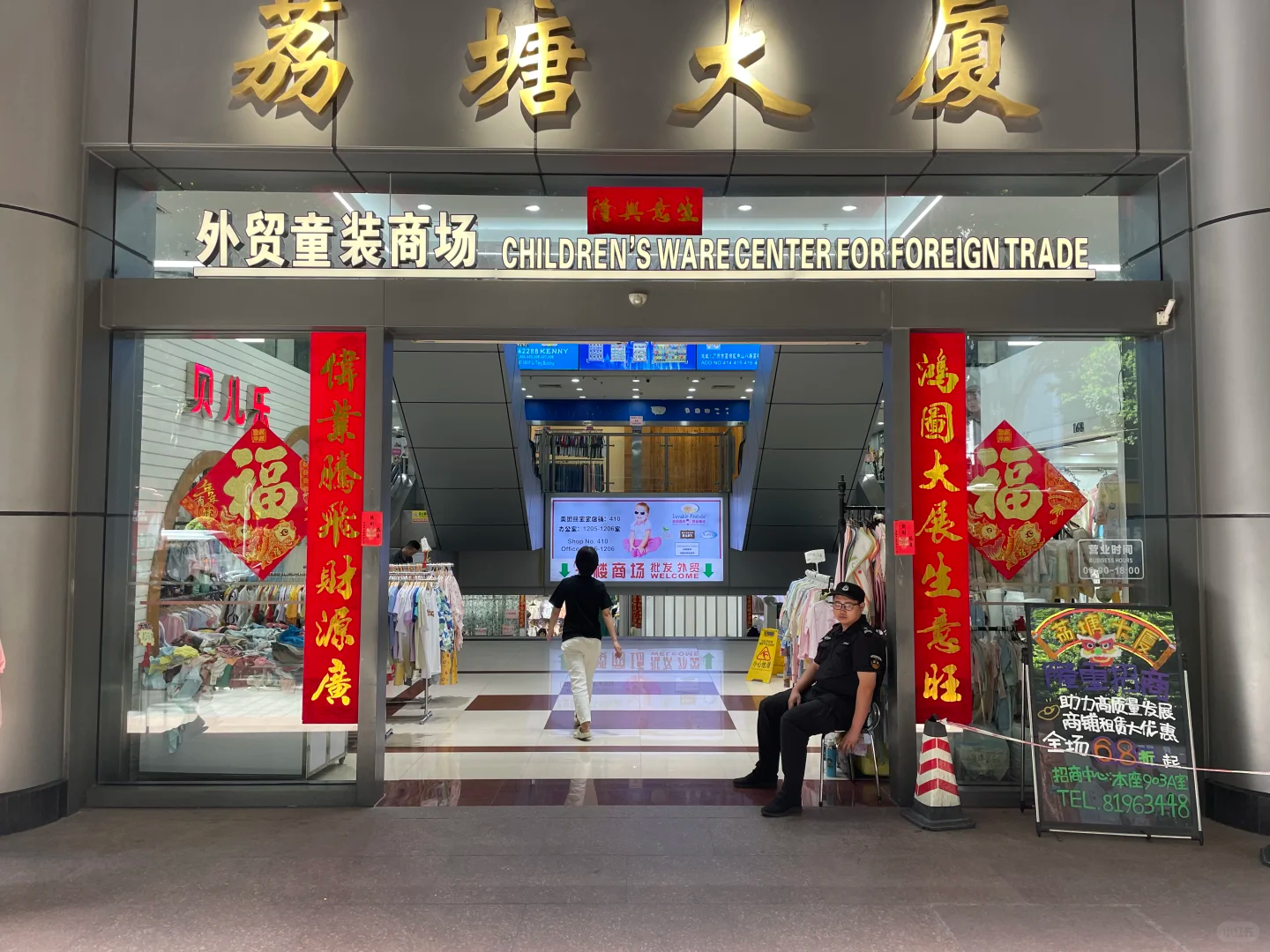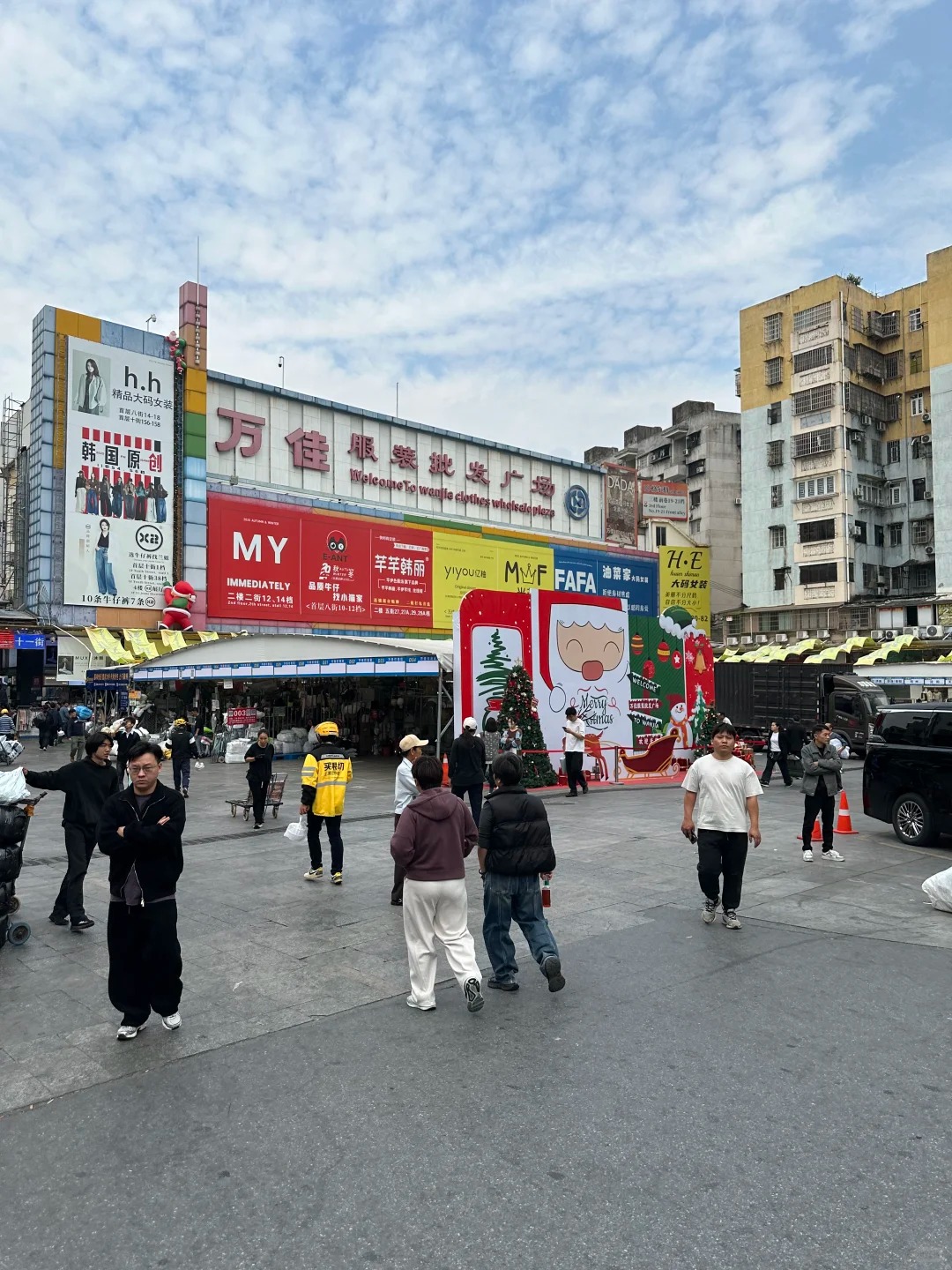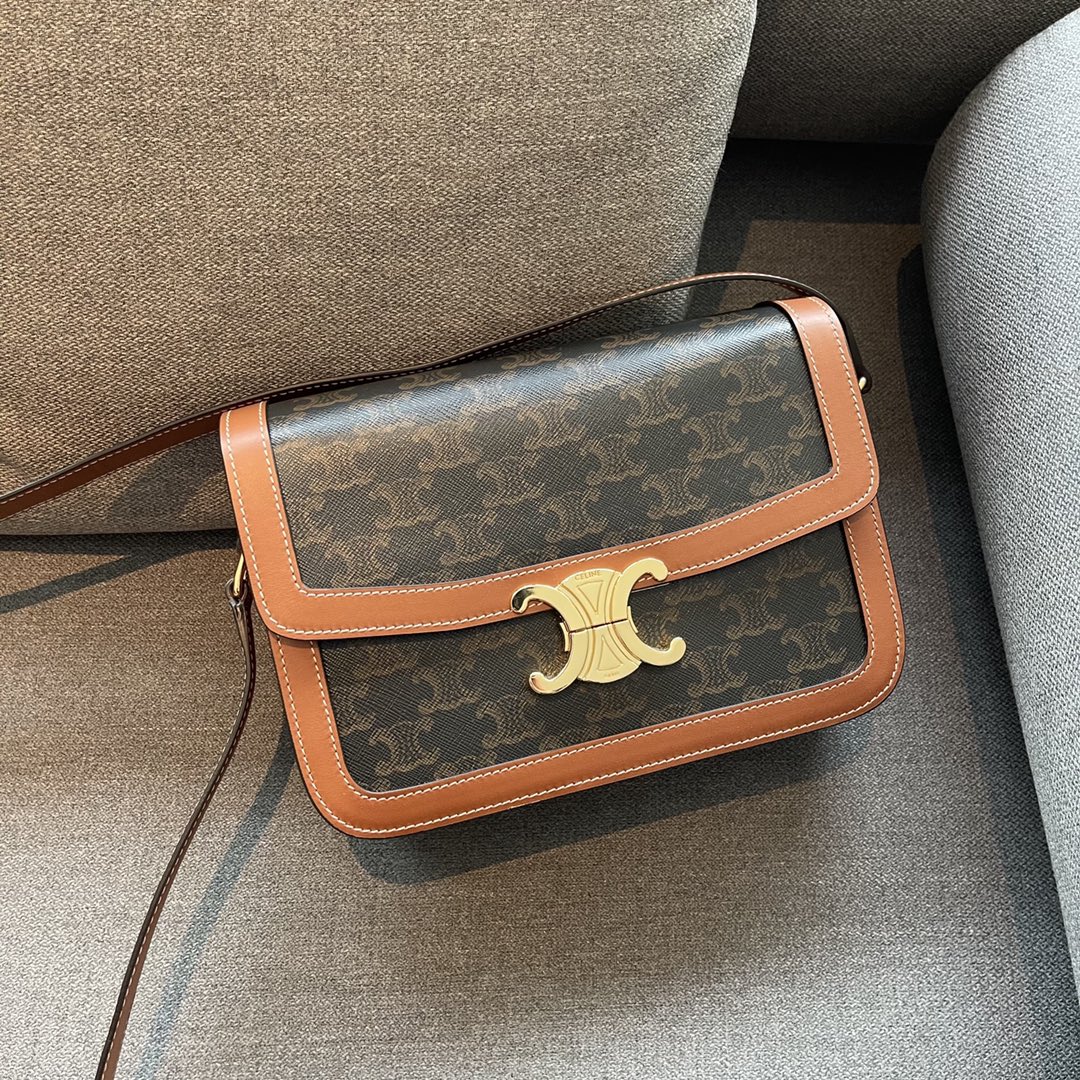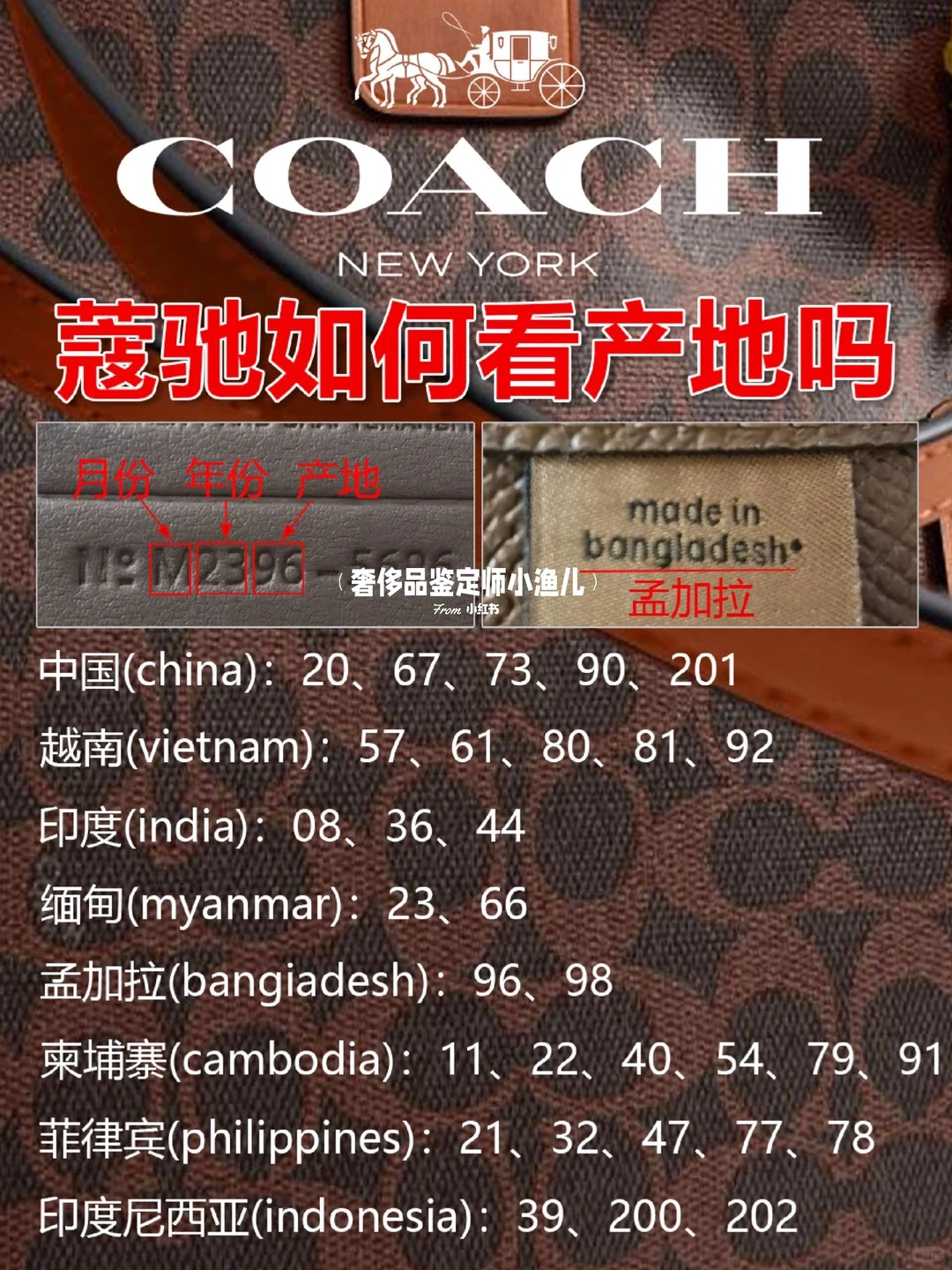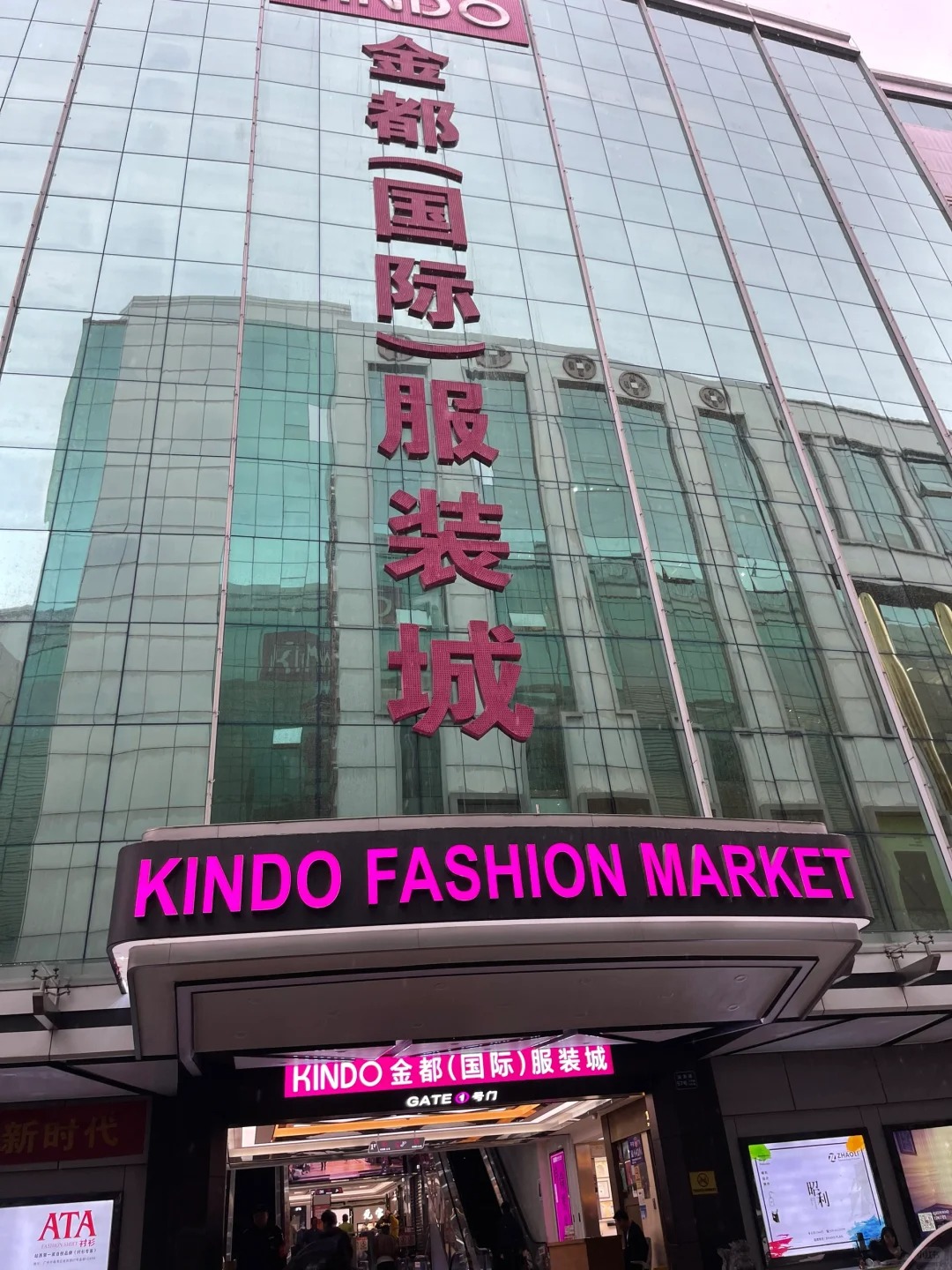For China′s wholesale market information, visit Soudangkou.com at cdn.soudangkou.com . Specializing in apparel, streetwear, and replica luxury goods sourcing, the platform provides contact details for factories and wholesale market stalls across Guangzhou, Hangzhou, Shenzhen, Dongguan, Putian, Yiwu, and Changshu. Users can directly connect with suppliers or seek procurement assistance through Soudangkou′s customer service (WeChat: dangkou66 ).Table of contents
hide
1.
Introduction
2.
What is Amazon FBA private label?
3.
6 Steps to Start Amazon FBA Private Label Business
4.
Tips to Optimize Sales on An Amazon FBA Private Label Business
5.
FAQs
6.
Conclusion
Introduction
Have you ever WONDERED about the brands on Amazon? All of them don’t own the factories and manufacturing setups.
So, how exactly do they get the products and sell them?
It is a PRIVATE LABEL BUSINESS that most of them own. Get products from manufacturers and sell them. Sounds simple? But it is not!
Read this guide. It will explore all the answers about Amazon FBA private label for beginners.
Let’s start.
What is Amazon FBA private label?
Before understanding the Amazon FBA, know private labeling. Private labeling is one of the MOST POPULAR ways in eCommerce.
The manufacturer produces the products. And the brand sells it under its label. Amazon FBA private label is the same, with just a difference in selling channels. In this method, the brand sells private label products to customers under its name on Amazon FBA. Amazon FBA is your selling method for private label inventory.
There are tons of private-label brands on Amazon that are quite successful. One of those names is Amazon Basics. It sources products from different manufacturers.
Water Wipes is another popular private-label brand on Amazon. It sells baby wipes products. Why should you start an AMAZON FBA private label business?
Do you want to start the Amazon FBA private label business? Perfect, but wait!! Some points might turn the tables. These are:
-
Pros:
Here are some advantages of starting an Amazon FBA private label brand.
- Independent Identity
In reselling or dropshipping, there is one problem. Do you know what that is? It is IDENTITY. You sell products of others. They make a NAME even if you make more sales. Most sellers have a goal to start their business on their own. And it can be the right time with the private label FBA business for beginners. You can launch creative items to entice new consumers to buy your products. And offer them a personalized experience for better sales. Independent brand identity takes you to a new HEIGHT.
2. Better Control
Generally, you don’t control the supply chain when you resell. From storage to shipping, suppliers govern and ship products. You are just NOBODY!
Moreover, if you sell products from other brands, Amazon needs the permit. Otherwise, you’ll face the music with counterfeit policy violations.
That is not in Amazon FBA’s private label business. In the private label business, you are your KINGMAKER. From product price to storage, nothing
can stop you from changing decisions.
3. Chances of winning Buy Box
The buy box is one of the most exciting features on Amazon. It can increase your sales by up to 80%. What it takes to win a buy box is to launch a product. In reselling, you have to compete with hundreds of sellers for the item. The chances of winning a buy box are very less.
In Amazon FBA private label, you are the sole owner of the item. There is no less than a 100% chance of winning it.
4. Access to multiple opportunities for business on Amazon
Amazon opens the door for private label brands. You won’t face any copyright issues. All your products have a SEPARATE identification.
You get access to business opportunities like:
- Amazon Brand Registry
- Sponsored Amazon Brands
- Amazon storefront
- Amazon Live
- Amazon attribution
All these factors are good to promote your business and make a new name in the Amazon market.
5. More exposure
A brand has more exposure than individual sellers. Most of the time, customers just see the name and buy the product. That is BRAND POWER.
With effective branding, you can reach more audiences. Pitch your products. And attract them to buy your products. After you have made a name, it remains there for centuries. You just need to provide the BEST EXPERIENCE.
6. Higher Profit margins
In the Private label business, you already have the manufacturers. Negotiate the prices and settle at WHOLESALE rates. Then you can set product prices according to your will or market conditions.
There are no pricing restrictions from Amazon. In higher demand, you can raise the prices and make more profits and revenues.
-
Cons:
Some disadvantages can reverse your decision. Here are these:
1.You need a higher investment.
There are a lot of differences between reselling and private-label brands. In reselling, you just resell items without storing or ordering.
In the private label business, you need to order in bulk which requires higher investment. Moreover, you must pay warehouse fees, spend on packaging, and allocate a marketing budget.
All these factors collectively raise your budget.
2. Quality issues are a big problem.
In AMAZON FBA’s private label business, you randomly buy products from third-party manufacturers. There is no monitoring of the process by yourself.
It can raise quality problems. And the result will be less to ZERO sales due to ineffective quality.
6 Steps to Start Amazon FBA Private Label Business
If you have decided to launch your brand, this effective guide can help you. Here is an Amazon FBA private label step-by-step guide.
Step 1: Create a Seller Account
Starting an Amazon private label brand is not a cup of tea for everyone. You must know the exact process, fees, and liabilities associated with it.
Ready to sign up? Let’s go.
- Sign Up
You can sign up on Amazon through your Gmail. Verify your details. Add the required information. Amazon sends you a confirmation email. You can verify it.
- Check FBA pricing
Amazon will direct you to two different pricing plans.
- Individual Plan: The fee is 0.99 USD per product sales.
- Professional Plan: The fee is 39.99 USD per month.
For FBA selling, you need to subscribe to the Professional plan. Apart from it, there are some fees like:
- Storage Fees
- Referral Fees
- Fulfillment Fees
You can calculate all these fees.
- Set up account
Since you plan to sell, it is time to create the store. For this reason, Amazon needs you to submit:
- Accurate information about your name, business, and stores.
- You need to add the payment methods.
You can customize the store and make it more appealing to the people. Enough? Nope! There is still more to know.
Step 2: Research your product
Product hunting is a crucial factor. How would you even sell a highly competitive product? No chance for a new brand! There is one solution— do product research. Find the low-competition but high-selling products. Sell them.
But how do you do that?
There are tons of product research tools. For example, Jungle Scout or Helium 10. These give comprehensive insights about the products, including the competitor’s sales statistics.
Step 3: Find a supplier
Have you found the product? The very next question is, where will you get them? In a private label business, you must have connections with the factories. Don’t have any manufacturers right now? Find them. Use online supplier directories. Research on Alibaba. Or find it from the Chamber of Commerce.
Keep one thing in mind— the supplier must be reliable and has a good history. It saves you from potential scams related to quality and pricing.
Step 4: List the product
Let’s make the right use of the Amazon FBA store. You can make a list. Upload the products. Add ASIN for each item. And optimize your listings with SEO and keyword research. Optimization of Amazon listings ensures high rankings and better success.
Step 5: Advertise your products
Sometimes, you can’t rank higher. Or even if they rank in search engines, there are fewer sales. Marketing can speed up the sales process. Use Amazon PPC ads and add positive keywords to bring your item to the top pages. This method is very successful in promoting your products and generating sales.
Step 6: Sell and fulfill orders
Before you make any sales, Amazon FBA wants you to store the products in their warehouses. You need to arrange the delivery to the Amazon warehouses.
Once you make a sale, Amazon Logistics handles it. The Amazon team packs the products with your customized packages. And ship them to your customers.
Ensure all the orders reach customers in time to keep the order defect rate to less than 1%. That is all you need to do.
Tips to Optimize Sales on An Amazon FBA Private Label Business
No sales happening? No rankings? Nothing is working in your favor! Is that so?
No problem at all.
Here are the expert’s tips for Amazon FBA private label for beginners.
-
Product Research is critical.
Product research is key. Hundreds of sellers are competing for one item. How will you sell them?
It is the HIGH RANKING on Amazon pages.
And it is only possible with SEO and product research. You need to find the TOP-SELLING item with the least competition. Do keyword research to optimize your listings. And rank better in the Amazon search engine.
The results?
Higher ranking. More exposure to your brand. And in turn, more sales. Isn’t it what you want?
-
Do quality inspection when buying from suppliers
Bigger brands like Nike are famous. Do you know why? Because they sell excellent quality shoes. No matter whether you sell the SHOES or APPAREL aim at selling the quality. For this reason, you can check your suppliers. Test their Quality control. Use third-party inspection services to TEST the quality of products. Get ISO-certified products with the required quality. Only then you’ll expect better customer retention and sales.
-
Use Customized Packaging
A customized box is something consumers love the MOST. It has benefits like:
- Your brand stands out from others.
- More customers move to your brand.
- High customer engagement increases the probability of sales.
Using customized packaging sketches your brand in consumers’ brains. Next time it becomes easy for them to purchase your products.
-
Offer Discounts
Consumers are reluctant to buy from a new brand. They fear the low product QUALITY and AFTER-SALE services.So, any solution? Yes. There is….
Give discounts. 10%, 20%, or even 50% discounts are no BIG DEALS in the beginning. It is a better marketing strategy to attract new customers.
New customers will buy the products. You’ll get an opportunity to make more recognition.
-
Do Effective Marketing
Nestle, Coca-Cola, or Pepsi…. All bigger brands have one thing in common.
And that is MARKETING!!
A new brand has a target to achieve one extra mile for customers. Marketing speeds up this process. You can do influencer marketing to promote your products. Use Amazon PPC ads to reach more customers.
That is where success is 100% guaranteed.
FAQs
Q: Is Amazon’s private label worth it?
A big YES. You have access to hundreds of business tools for success. Not only this opportunity, but also the pros of private labeling outweigh the cons. So, it can be the right deal to start with a private label brand on Amazon.
Q: How much investment is essential for selling on Amazon?
There is no specific amount or price limit in this case. It depends on:
1. How much budget do you have?
2. The cost of products you want to launch.
If you start from the lower-priced products, $1K to $10K is sufficient, including your marketing costs.
Q: What is the difference between Amazon FBA and private label?
Amazon FBA is a selling method. It can involve various ways. For example, wholesale selling, retailing, or reselling products. It may or may not include branding access.On the other hand, Private Label refers to the brand creation with their branded labels. Third-party manufacturers offer the products in this case.
Q: Is a seller’s permit necessary to sell on Amazon?
For a private label brand, there is generally no permit for selling. It is because you are selling products under your brand label.
In case you resell products from other brands, you need to have a selling permit. Without the license, Amazon won’t allow you to sell the products.
Conclusion
In Amazon FBA private business, sourcing products and suppliers is a big deal. Scams might occur. You might even tarnish your business reputation with ineffective products.
So how do you cope with these things?
Ruizhi Sourcing can help. We have experts with 15+ of experience in the supply chain. You get 100% TRANSPARENT DEALS with strict quality control. Your business growth will skyrocket within NO TIME. Contact us to get a free quote for your business.

